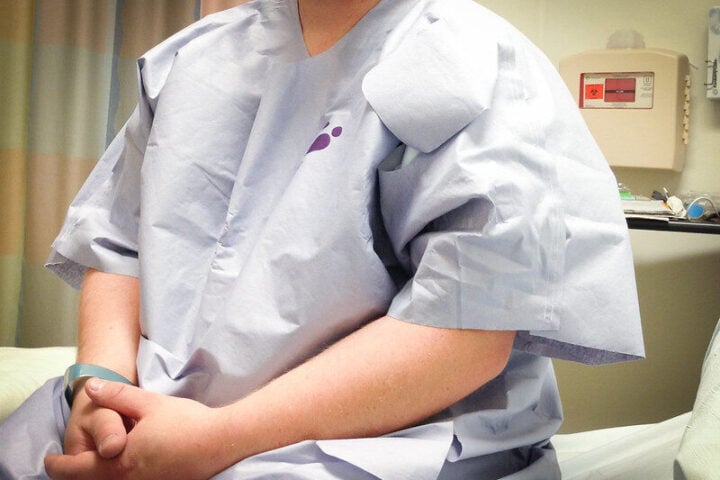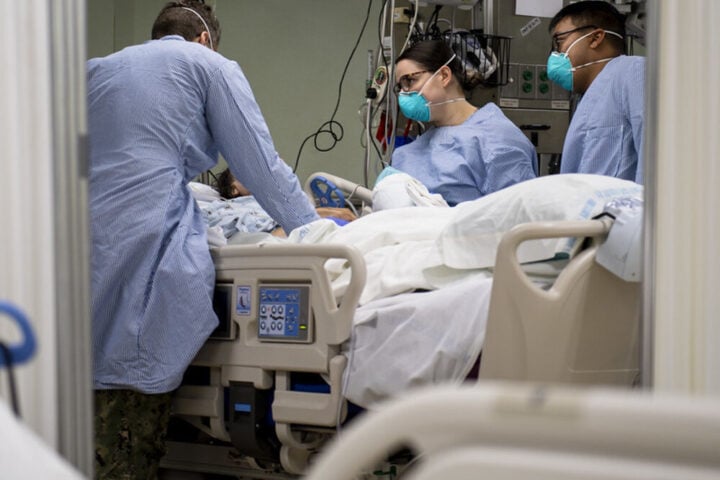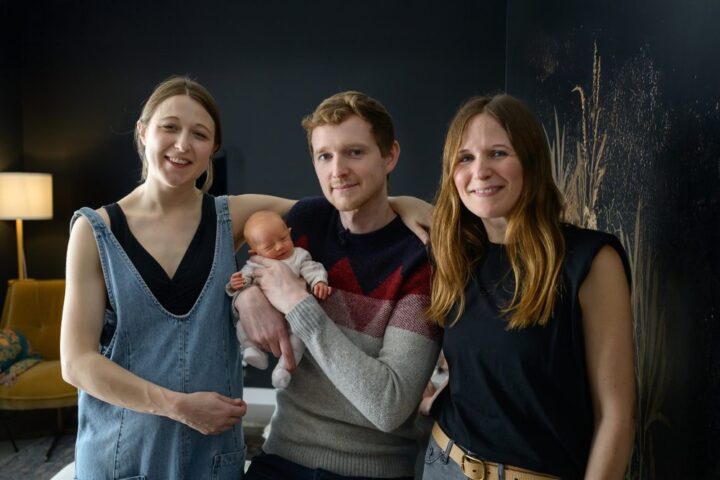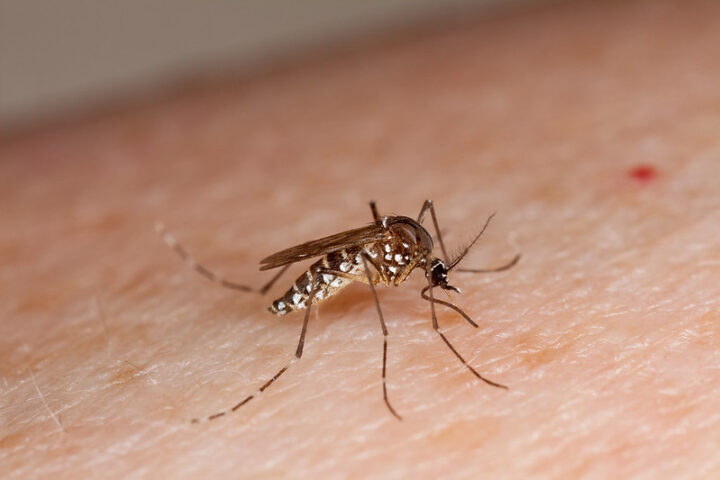Being a parent has never been harder. Almost half of parents today say they’re struggling just to get through each day. In a 2023 survey of over 3,000 parents, 48% said they feel completely overwhelmed by stress most days.
Parental burnout happens when the daily pressures of raising children become too overwhelming to handle. Many parents today are pushing themselves beyond their limits, leading to serious physical and mental strain.
“I didn’t want to spend time or play with my children. I was just going through the motions,” says Rachel Stern, a working mother of two young children. She had to take nine months off work to recover.
This isn’t just feeling tired after a long day. When parents burn out, their bodies actually show danger signs. Scientists found that stressed-out parents had 213% higher stress hormones (hair cortisol) in their body compared to other parents. That’s even higher than what doctors see in people dealing with long-term pain.
The pressure falls especially hard on mothers. New research shows moms handle 71% of all the mental load tasks at home – planning meals, scheduling doctor visits, keeping track of school events, and managing the family budget. This creates an overwhelming amount of responsibility on top of regular parenting duties.
“Many parents today are doing more than ever before,” explains Nekeshia Hammond, a psychologist who helps burned-out parents. “They’re working longer hours while spending more time taking care of their kids.”
Research from the University of Louvain shows these warning signs:
- Feeling overwhelming exhaustion that doesn’t improve with regular rest
- Emotional distancing from children
- Sense of ineffectiveness as a parent
- Physical symptoms like headaches and sleep problems
- Lost interest in activities once enjoyed
The good news? There are practical ways to prevent this kind of breakdown. Eve Rodsky, who studies how families share work, suggests making three lists: your tasks, your partner’s tasks, and shared responsibilities. Then talk with your partner about sharing these tasks more evenly.
Similar Posts
For single parents, reaching out for help is crucial. “People often want the opportunity to be a part of your life and show up for you,” says former U.S. Surgeon General Vivek Murthy. “You’d pick up a friend’s kid after school, so why shouldn’t you be able to make the same ask?”
Research from the University of Louvain studying 30,000 parents worldwide found something important: In countries with traditional family bonds and shared parenting responsibilities, like Cameroon, Thailand, Vietnam and Cuba, parents report lower burnout rates. But in individualistic societies emphasizing personal achievement and perfectionism, like Poland, Belgium, the US and Canada, burnout is more common.
Hammond suggests a daily one-minute check-in: Set a timer, take deep breaths, and ask yourself: How am I doing? What do I need? This simple practice helps parents recognize when they need support.
“Making time for self-care is easier said than done. But you’re allowed to thrive. To be emotionally healthy. To have joy, rest and recharge. You’re allowed to have those things,” Hammond emphasizes.
The message from health experts is clear: When parents take care of their own well-being, it benefits the entire family. Research shows that parent and child mental health are “deeply intertwined,” according to the U.S. Surgeon General’s 2024 advisory.
Recent studies confirm that when parents experience burnout, it affects their children’s emotional and behavioral well-being. But when parents find ways to maintain their mental health and get support, it creates a more positive environment for everyone in the family.

Experts now recognize that preventing parent burnout isn’t just about individual families – it’s a public health issue that affects everyone. With growing challenges like social media pressure and concerns about school safety, supporting parents has never been more important.
The key is catching the warning signs early and taking action before reaching complete exhaustion. As Rachel Stern learned through her experience, implementing clear boundaries and accepting that “good is better than perfect” can help prevent burnout from taking over.


















